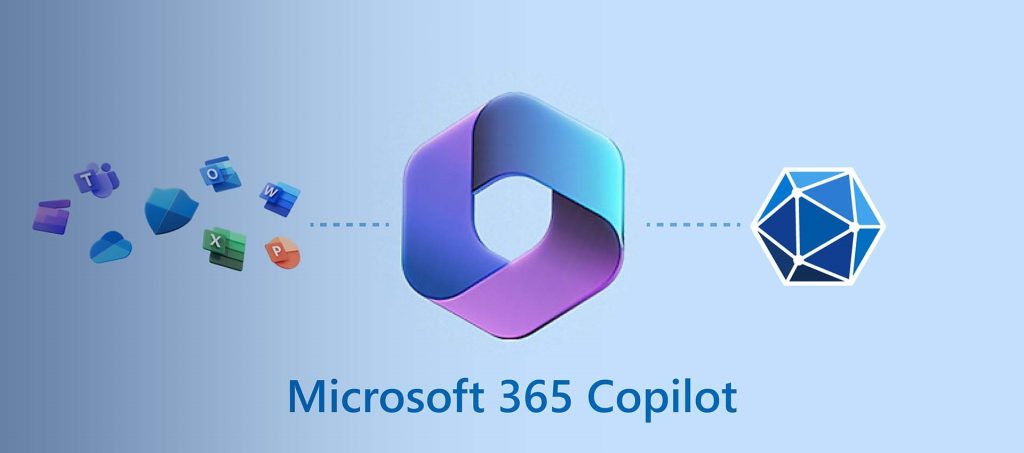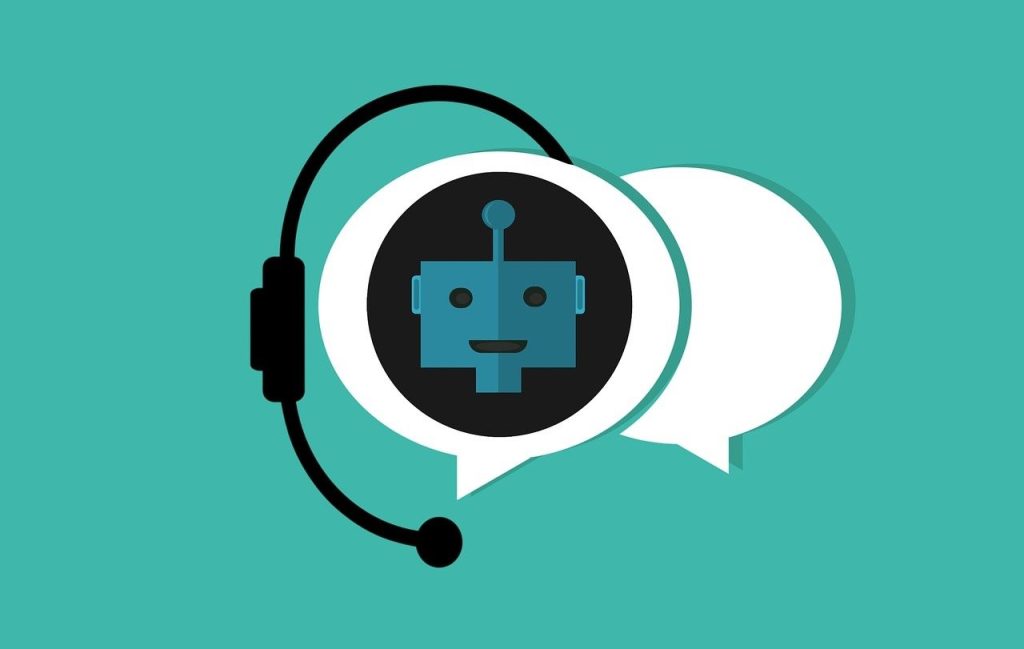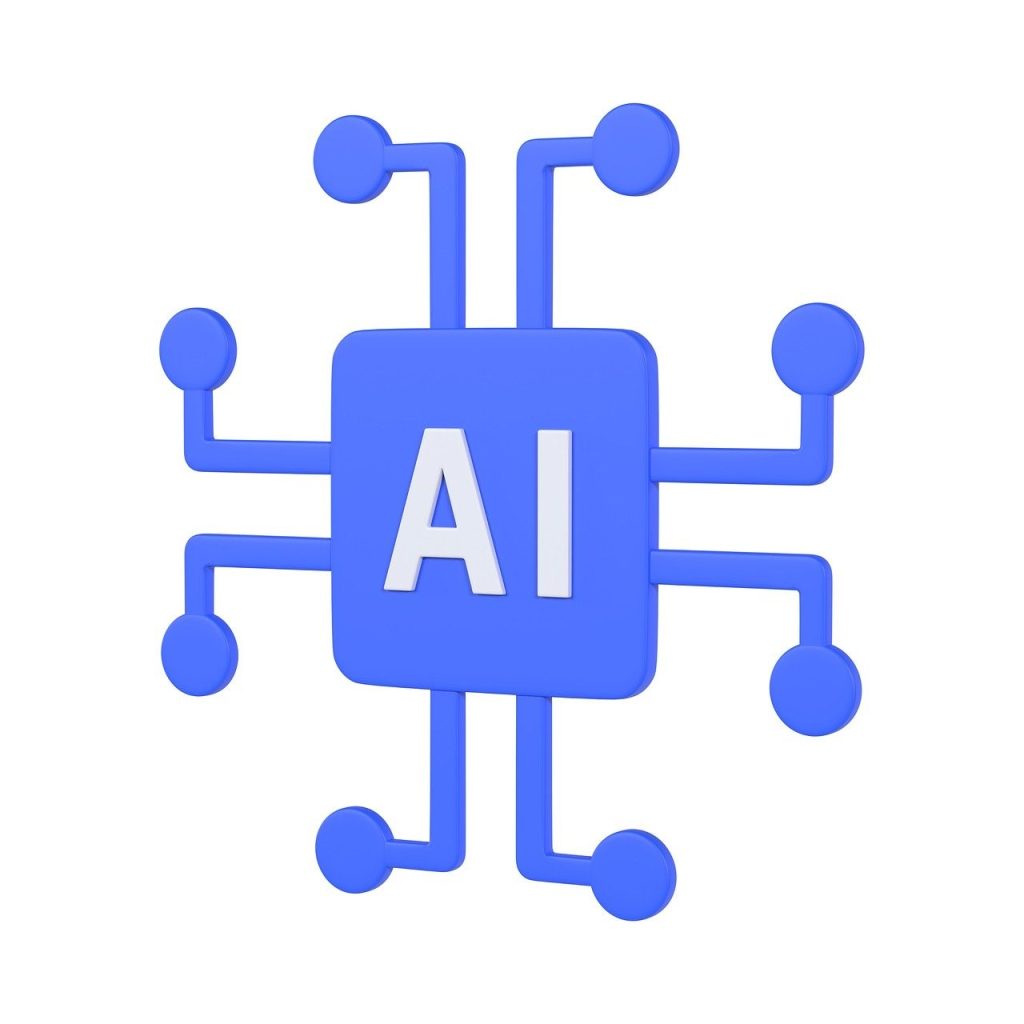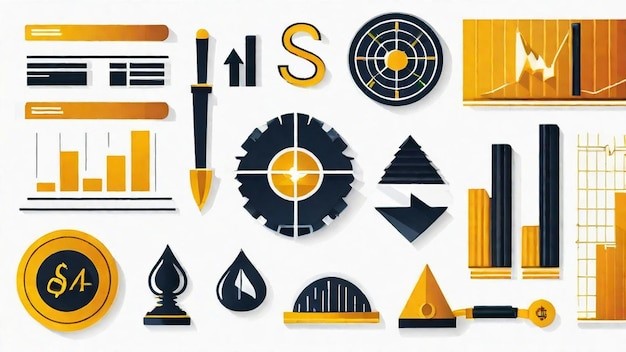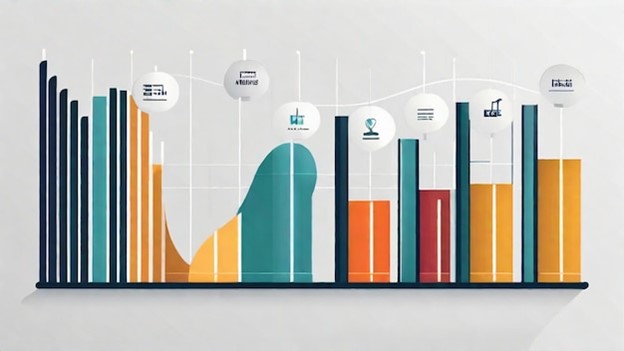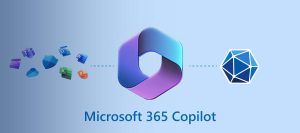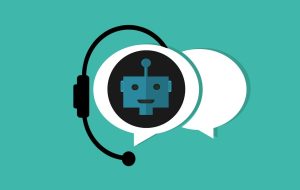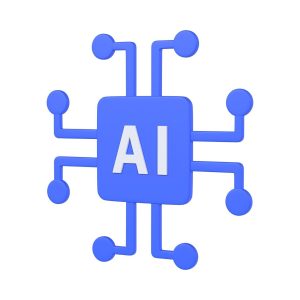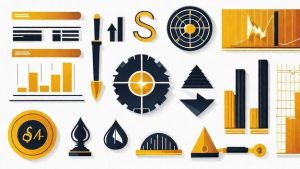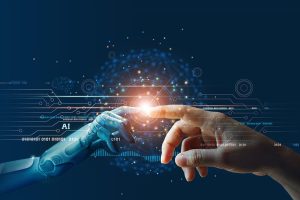How AI is Transforming the Medical Sector |
Artificial Intelligence is taking the world to the very next level with its transformative potential in various fields, including healthcare. In recent years, AI technology has made significant strides in transforming the medical sector, from diagnosis to treatment. Here we will explore the impact of AI on the medical sector and its potential to revolutionize healthcare.
The Impact of AI on Treatment in the Medical Sector
AI is transforming diagnosis and its mechanisms and treatment in the medical sector at an immense pace. For instance, AI-powered robots are used in surgery to improve precision and reduce the risk of complications. These robots can analyze medical results and provide guidance to surgeons during procedures. In addition, AI-powered tools are used in drug delivery systems to ensure the optimal dose is delivered to patients on time and when required.
Furthermore, AI is transforming treatment profiles by analyzing patient data and developing and suggesting personalized treatment plans. For instance, the Cancer Research UK Grand Challenge project is using AI to analyze vast amounts of medical data to develop personalized cancer treatment plans. This project has the potential to improve treatment results for cancer patients significantly.
Case Studies of AI-Powered Diagnosis Tools
One of the significant benefits of AI in the medical sector is its ability to improve diagnosis accuracy. AI-powered diagnosis tools can analyze vast amounts of medical data, including medical images, test results, and complex diagnoses, and provide accurate and timely diagnoses with treatment procedures. For instance, in a case study conducted by Stanford University, a deep learning algorithm was trained to diagnose skin cancer by analyzing images of moles and lesions. The algorithm outperformed dermatologists in detecting skin cancer, demonstrating the potential of AI in improving diagnosis accuracy.
Another example is the use of AI in diagnosing lung cancer. Researchers at Northwestern University developed an AI-powered tool that can identify lung cancer in medical images with a 94% accuracy rate. This tool can potentially reduce diagnosis time and improve patient treatment outcomes.
AI-Powered Drug Discovery
Another significant impact of AI in the medical sector is its potential to revolutionize drug discovery. AI-powered tools can analyze vast amounts of data and identify potential drug candidates more efficiently than traditional methods.
Insilico Medicine, a drug discovery company, used AI to identify a potential drug candidate for fibrosis in less than 21 days. This process typically takes several years using traditional methods.
AI is also being used to identify drug combinations that can improve treatment outcomes. Researchers at MIT used AI to identify a potential drug combination for the treatment of glioblastoma, an aggressive form of brain cancer. This discovery has the potential to improve treatment outcomes for patients with this condition.
The Ethical Considerations of AI in Healthcare
While AI has the potential to transform the medical sector, it also raises ethical considerations. One significant concern is the potential for bias in AI-powered tools. For instance, if the data used to develop AI algorithms is biased, the resulting tools may not provide accurate or fair outcomes. AI Data algorithms should be unbiased and cover all aspects of the diagnosis, this will not only assist the
Another concern is the potential for AI to replace human doctors and healthcare professionals. While AI can improve diagnostic accuracy and treatment outcomes, it cannot replace human empathy and compassion. Therefore, it is essential to strike a balance between the use of AI and human expertise in healthcare.
The Future of AI in Healthcare
The potential of AI in transforming the medical sector is immense. AI-powered tools and technologies have the potential to improve diagnosis accuracy, treatment outcomes, and drug discovery significantly. In the future, we can expect to see more AI-powered tools and technologies being developed and used in healthcare.
For instance, AI-powered chatbots can provide patients with personalized medical advice and support, improving access to healthcare services. AI-powered tools can also analyze vast amounts of medical data to identify outbreaks and pandemics, enabling early detection and prevention.
AI in Healthcare – Challenges and Limitations
While AI has the potential to revolutionize the medical sector, there are also challenges and limitations. One major challenge is the lack of standardization and regulation. This lack of standardization and regulation can lead to inaccurate or unethical use of AI in healthcare.
Another limitation is the high costs associated with developing and implementing AI-powered tools and technologies. This can limit the access of smaller healthcare providers and low-income groups to AI-powered healthcare services creating an imbalance in the medical sector.
Conclusion – The Potential of AI in Transforming the Medical Sector
In conclusion, AI has the potential to transform the medical sector significantly. AI-powered tools and technologies can improve diagnosis accuracy, treatment outcomes, and drug discovery, among others. However, it is essential to address the ethical considerations and challenges associated with AI in healthcare to ensure its successful implementation and use. With proper regulation and standardization, AI can be a powerful tool in improving healthcare outcomes and transforming the medical sector.
Furthermore, AI-powered tools can analyze patient data, including medical history and symptoms, to provide accurate diagnoses. For instance, Babylon Health, a UK-based healthcare provider, developed an AI-powered chatbot that can analyze patient symptoms and provide personalized medical advice. This tool has the potential to improve access to healthcare services, especially in low-income communities.
Written by Muhammad Abdur Rehman
Image Source: FreeImages


